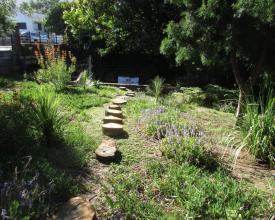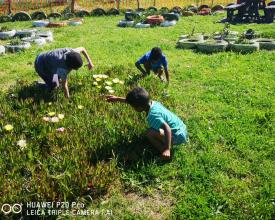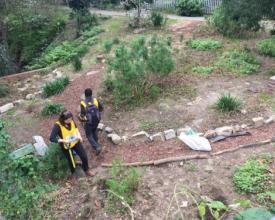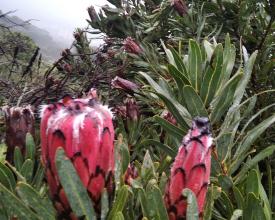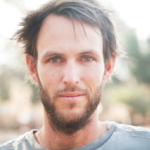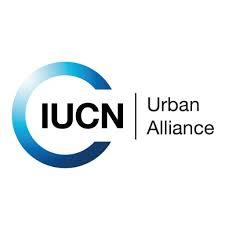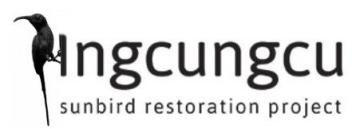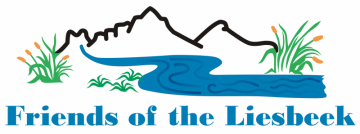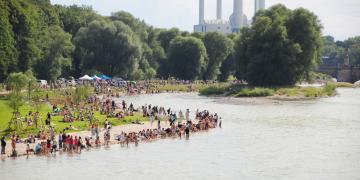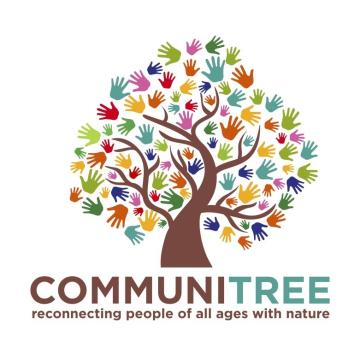
Home-grown micro-eco-sanctuaries: Where people and wildlife thrive together
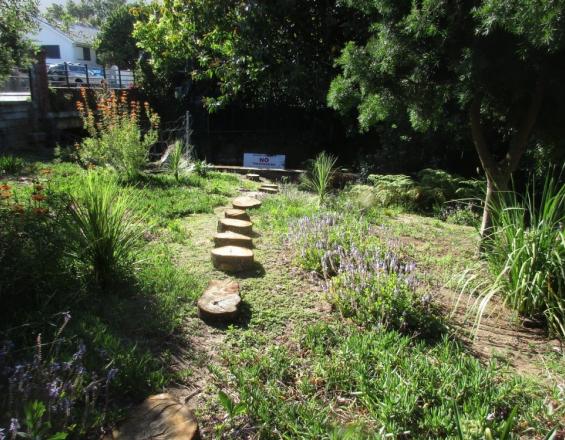
Communitree works with many enthusiastic volunteer gardeners across Cape Town, South Africa, to grow, plant and maintain public wildlife sanctuaries in their local parks, schools and along roadside verges. These overlooked spaces can harbour rich biodiversity and greatly enhance ecological connectivity between fragments of habitat patches hosting indigenous plants and animals that would otherwise be isolated within the urban matrix. Through the act of urban greening, Communitrees helps to transform unsightly spaces used for rubbish-dumping and drug-use into attractive spaces suitable for picnicking, dancing, fun-in-the-sun eco-education, relaxation, and socialising. Our sites form green chains linking high- and low-income neighbourhoods, while practical gardening allows for cross-community relationships to grow and bridge social divides.
Contexte
Challenges addressed
Emplacement
Impacts
Impacts are social and environmental
Social
Conversion of neglected and polluted public spaces deters harmful social activity such as public-drug use and is encourages healthier activities such as recreation and learning. In these spaces, women can be seen and heard expressing themselves through gardening, conversation, dance and song. Women connect with one another, and form the beginnings of resilience through a social network, so vital when a crisis hits and we are in need. Simply being visible in public is a feat in violence spaces, and this visibility can lead to becoming respected as positive community contributors fostering civic pride and responsibility.
Biodiversity
When native plant species return, they reconnect with the soil and its starts to recover, and the insects emerge and start to fill the space with activity and life. After a few years of thriving soil, plants and insect life, and the birds catch wind of this and they return too. When an insect or bird connects with the flower of a plant, they are doing the work of connecting plants from all over the city with one another. Our 18 gardens in Cape Town form a support network to each other, and to remaining parts of fragile ecosystems, made vulnerable by being so shrunken and isolated from one another. Each new garden gives hope for the future.

